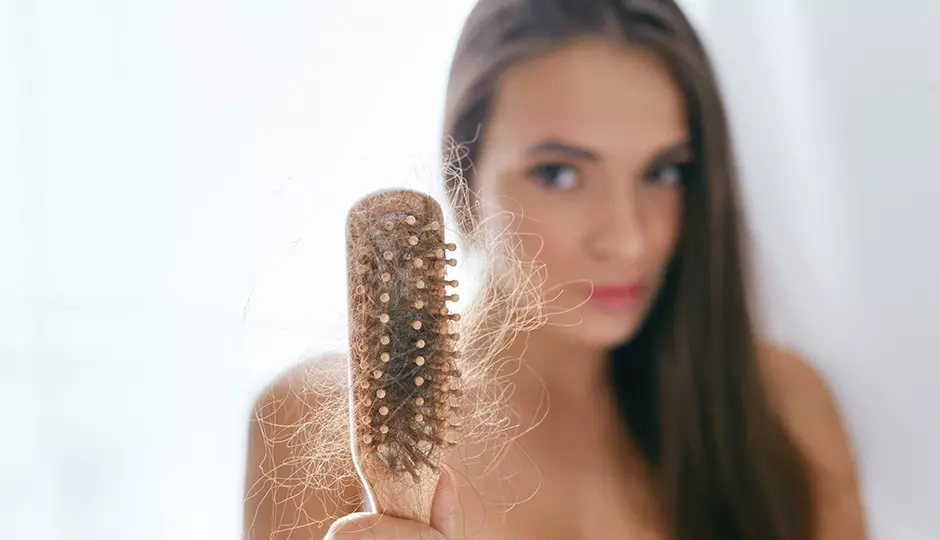We often think of hair loss being limited to men. We all know several men who have thinning hair. Or they've gone completely bald. Women also lose hair. Women, due to genetics and other factors, usually replace the hair they lose. However, some women will experience noticeably thinning hair.
Some men are happy with thinning hair and accept it—and perhaps shave their scalp. However, women are usually reluctant to deal with thinning hair and want to take some type of action. Several choices are now available for women who want to improve the look of their hair and want natural hair growth to return.
Women typically lose 50 to 100 hairs a day. Most women replace these hairs naturally. However, sometimes the hair is not replaced. Women can lose hair in every part of the body where there is hair.
Factors leading to hair loss can include:
- Iron deficiency/anemia
- Seborrheic dermatitis
- Alopecia areata
Another cause could be hypothyroidism and this can lead to a hormonal imbalance which can sometimes affect women over 50. Telogen Effluvium can cause hair loss. The condition can happen after childbirth or when a woman is experiencing stress. Medications like antidepressants can cause Telogen Effluvium. Female hair loss can be due to Lupus which is an autoimmune disease. With Lupus, the body's immune system misfires and this can attack healthy parts of the body—including the healthy tissues on the scalp. Polycystic ovarian syndrome affects almost 5 million women in the United States and it can cause almost complete baldness.
If you're a woman and you're dealing with thinning hair, a good first step can be to visit a physician—as there may be a medical condition. Many physicians and specialists focus on hair loss. The correct diagnosis is especially important.
In most cases, women can successfully regrow hair through the latest hair treatment. Women should expect a hair restoration clinic that's private and has a successful track record with female hair loss. The examination of the scalp should be thorough and use the latest tools—including a derma analyzer and proscope.
Minoxidil. The FDA has approved Rogaine (minoxidil), which is available without a prescription. However, it can be important to speak with a doctor or hair restoration expert before taking Rogaine.
Topical products are currently plentiful on the market. Again, consult with an expert to find the correct product.
One of the newest solutions is Low Level Laser Light Therapy (LLLT). This process stimulates blood flow in the area of the skin including the hair follicles.
Hair integration systems have been successful for helping with isolated parts of the scalp. Existing hair is used. And hair transplant surgery can also be used for women's hair loss. Surgery is on an out-patient basis and full results take about three months.
If you've been suffering from hair loss or thinning and you're looking to regrow hair, the experts at Mane Image can provide help. Contact us here for additional information.











